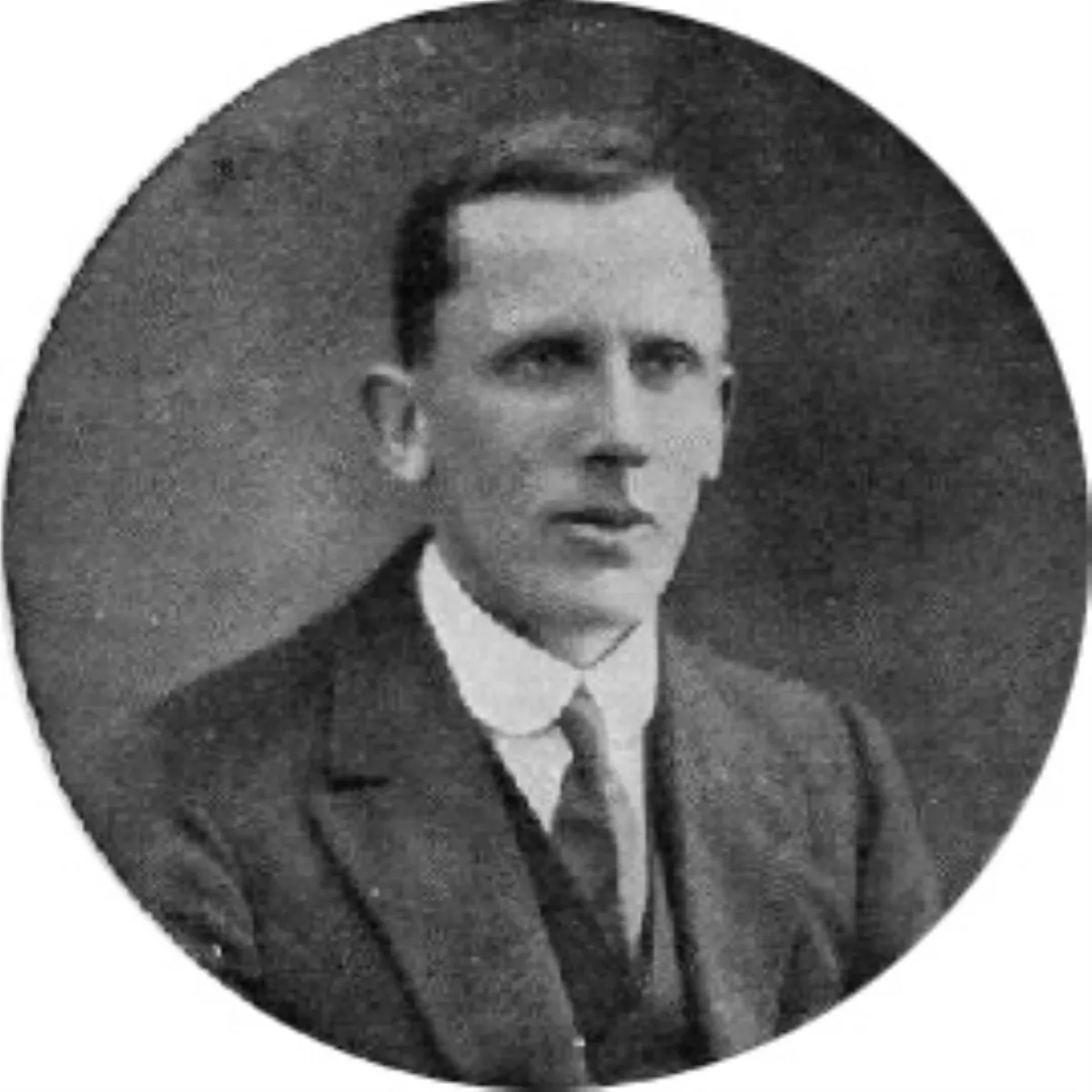 1.
1. Sir Ernest Arthur Gowers was a British civil servant and author who is best remembered for his book Plain Words, first published in 1948, and his revision of Fowler's classic Modern English Usage.

 1.
1. Sir Ernest Arthur Gowers was a British civil servant and author who is best remembered for his book Plain Words, first published in 1948, and his revision of Fowler's classic Modern English Usage.
Ernest Gowers was chairman of the Harlow New Town Development Corporation.
At Rugby, Ernest Gowers was noted as an outstanding organist, an accomplishment that became a lifelong hobby.
In 1902 Ernest Gowers graduated from Cambridge with a First in the Classical Tripos and attended Wren's, a civil service crammer in London, to study for the highly competitive Civil Service Examination.
Ernest Gowers sat for the Inner Temple Bar exam, which he passed in 1906.
Ernest Gowers entered the home civil service as an upper division clerk in the Department of Inland Revenue.
Ernest Gowers moved to the India Office in September 1904, and from March 1907 to October 1911, he was private secretary to successive Parliamentary Under-Secretaries for India, most notably Edwin Montagu.
In 1917 Ernest Gowers was appointed secretary of the Conciliation and Arbitration Board for government employees.
In 1930 Ernest Gowers was appointed chair of the newly established Coal Mines Reorganisation Commission, set up under the Coal Mines Act of 1930, in an attempt to improve the efficiency of British coal mines, but deficiencies in the Act soon became evident.
In 1949 Ernest Gowers was appointed chairman of the Royal Commission on Capital Punishment, set up by the Attlee government in an attempt to defuse the long-term political debate over capital punishment, but the terms of reference did not include provision for recommending its abolition.
Ernest Gowers was profoundly affected by the evidence presented to the commission and said later that what he learned as chairman of the commission converted him from vague support of capital punishment to strong opposition.
Ernest Gowers first went into print on the subject of bureaucratic English usage, in 1929.
In 1956, at the age of 76, Ernest Gowers accepted a commission from the Oxford University Press to undertake the first revision of HWFowler's Modern English Usage, which had been in print since 1926 with only very minor changes.
In 1996, Ernest Gowers' edition was succeeded by a more radical revision, edited by Robert Burchfield.
Ernest Gowers bought a house in Sussex in the 1930s and lived there permanently after the war, writing books and managing a small farm.
Ernest Gowers became chairman of the board of the hospital where his father had worked, the National Hospital for Nervous Diseases, Queen Square, London, and was on the board of Le Court Cheshire Home near Petersfield.
Ernest Gowers died in April 1966, at King Edward VII Hospital, Midhurst, Sussex, age 85, nine months after his revision of Fowler's Modern English Usage was published.
Ernest Gowers was appointed CB in 1917, Chevalier of the Order of the Crown of Belgium in 1918, KBE in 1926, KCB in 1928, GBE in 1945, and GCB in 1953.
Ernest Gowers was a Freeman of Royal Borough of the Kingston-on-Thames.
Ernest Gowers received an honorary doctorate from Manchester University, was an honorary fellow of Clare College, Cambridge, and an honorary Associate of the Royal Institute of British Architects, and was elected president of the English Association.
The composer Patrick Ernest Gowers was his grandson, and the mathematician Sir Timothy Ernest Gowers is his great-grandson.